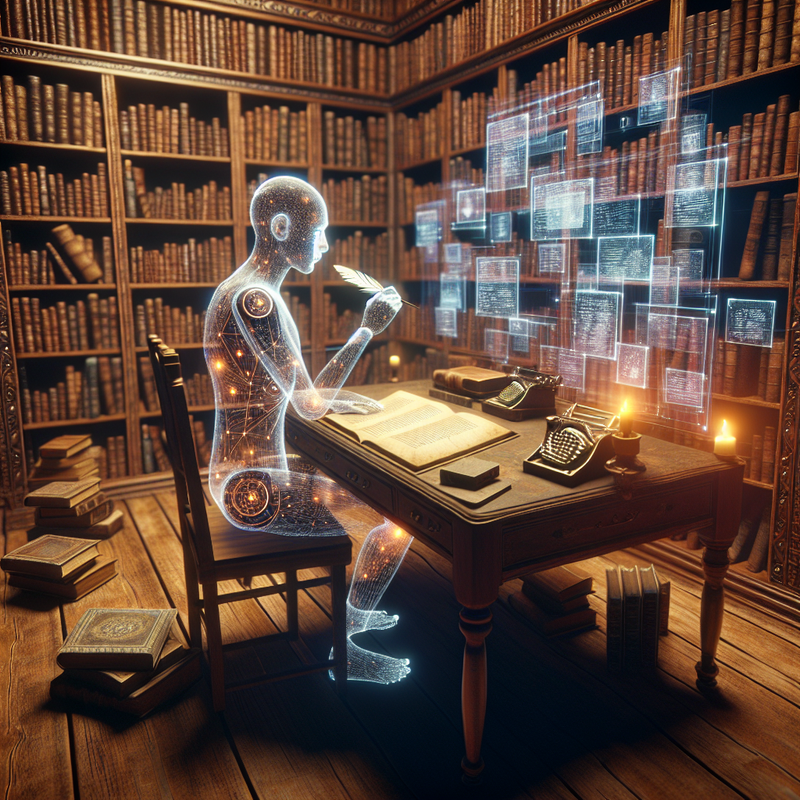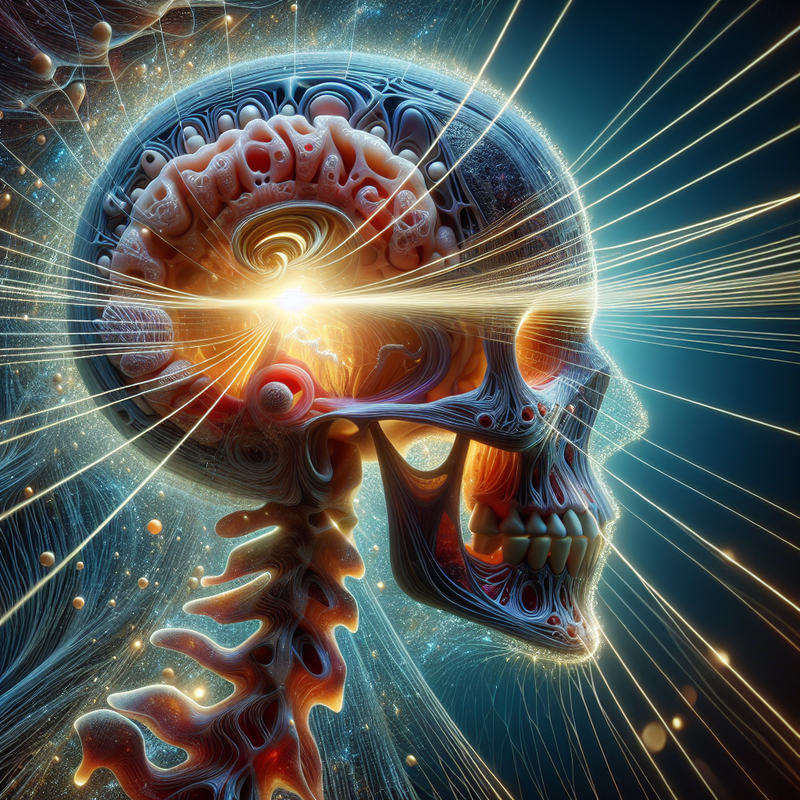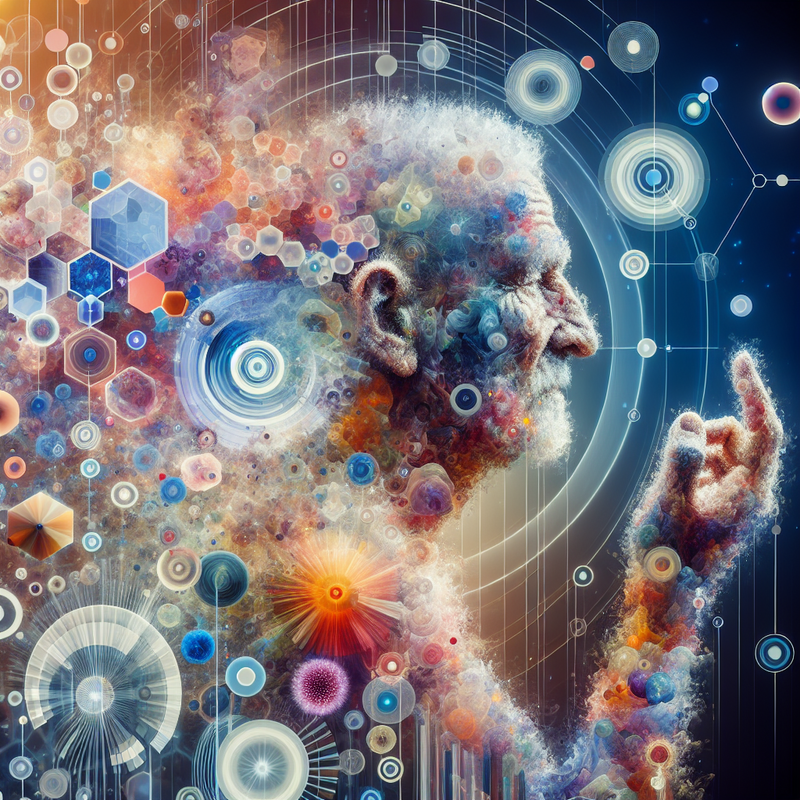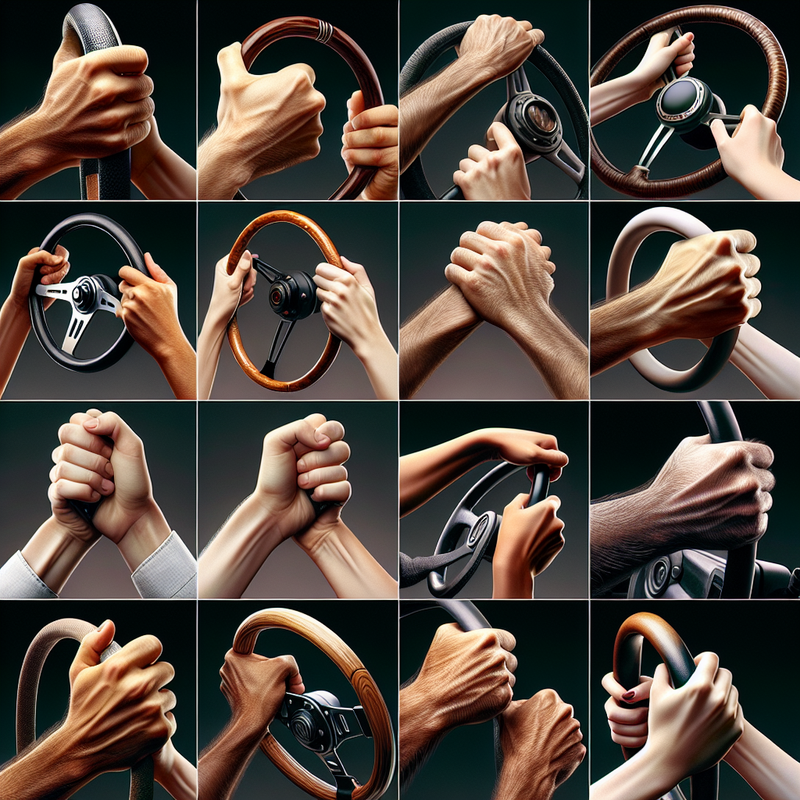In the realm of artistic expression, recent innovations in the field of artificial intelligence (AI) are pushing boundaries that many believed solely belonged to human creatives.
These technological strides have thrown into question the very nature of artistic ownership and creativity. Scientific Reports has showcased a ground-breaking study indicating that AI-composed poetry can closely mimic, and at times surpass, the quality of pieces written by esteemed human poets. These machine-generated compositions have won the favor of readers when evaluated on numerous qualitative measures.
The AI-Human Artistic Showdown
In their investigation, scholars Brian Porter and Edouard Machery endeavored to discover if individuals without expert knowledge could distinguish between AI-composed poetry and that of noted human authors. In two separate tests, engaging over 1,600 participants, the majority could not reliably pick out the AI contributions, demonstrating only a 46.6% accuracy, which sits below the standard set by chance. Intriguingly, these participants were prone to attribute an AI creation to a human writer.
The research identified trends showing a preference for the AI poems that exhibited simplicity and coherence, leading participants to mistake those attributes for human touch. This suggests that non-specialists gravitate towards readily enjoyable poetry, and may confuse complex verse as a hallmark of AI-generated incoherence.
The Evolution of Poetic Excellence: AI Outshines in Quality
Further segments of the research scrutinized the poems on a qualitative level. Nearly 700 new participants evaluated particular poems across 14 different metrics, such as emotional resonance and aesthetic appeal, on a scale of seven points. The inclination to favor AI-authored poems was clear and consistent across these metrics. This held true whether or not individuals were informed about the origin of the poems.
From the analysis, it emerged that poems communicating ideas or sentiments more vividly were more likely to be esteemed and believed to be human in origin. This insight might reflect non-specialists’ preconceptions, presuming a natural preference for human-authored poetry.
Revisiting Creative Attribution: The Ethical Landscape
As AI further obscures the distinction between mechanized and human creativity, the insights from this study prompt a reevaluation of our stance on creative ingenuity and authorship. The study also opens discussions on the need for regulation, echoing recent policy suggestions from entities like the White House and the European Union, advocating transparency in AI-authored content creation.
Reflections on the Intersection of AI and Human Ingenuity
This investigation in Scientific Reports heralds a pivotal advancement in the domain of generative AI, confronting our traditional views of the creative process. It reveals a preference among non-professional poetry aficionados for the straightforwardness and digestibility of AI-generated poetry, which begets questions about the fate of human poets and the broader poetic landscape.
The study’s authors call for more in-depth research into this intriguing evolution in the poetic arts. Their findings may well transform our comprehension of art, creative expression, and our engagement with these works in everyday life.







